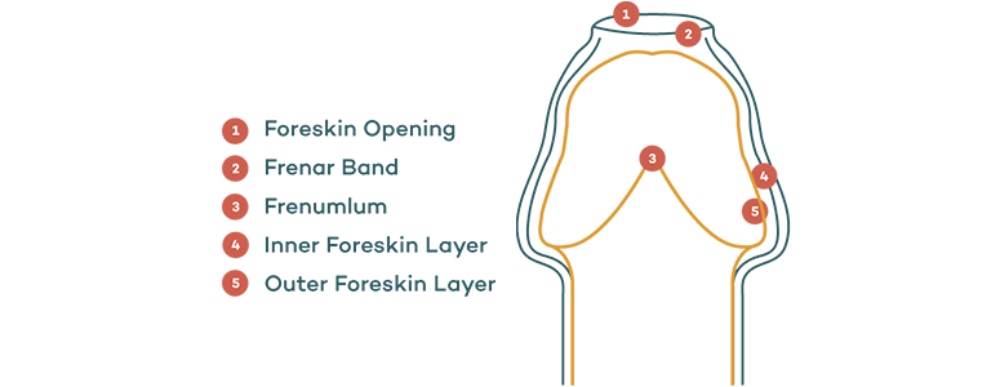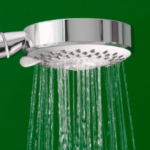When it comes to your body it’s natural (but not always helpful) to compare what you’ve got going on against your mates, what you see in the media and the gym change room. Circumcised versus uncircumcised penises is a common comparison.
The difference between a circumcised and uncircumcised penis is the absence (or presence) of foreskin — the sleeve of skin around the head of the penis. A circumcised penis has had the foreskin surgically removed to expose the glans (the head of the penis). On an uncircumcised penis, the foreskin remains.

There are plenty of misconceptions when it comes to circumcised versus uncircumcised penises. Here’s what the evidence says about their differences.
But firstly, how common is circumcision?
Most of the circumcisions performed in Australia are on baby boys, with about 1 in 10 getting circumcised.
The circumcision rate in Australia has been declining since the 1970s. Back then, the majority of baby boys were circumcised, so it’s more common older Australian men to be circumcised than younger males.
What are the reasons for circumcision?
Circumcision is performed for medical, cultural and religious reasons. For some parents of baby boys, it can come down to personal preference. Medical reasons for circumcision in adults include ongoing problems with urinary tract infections and foreskin problems, such as phimosis, which is when you can’t pull your foreskin back over the head of your penis.
Are circumcised penises more hygienic?
It’s important to keep the head of your penis clean to prevent balanitis — a common inflammatory condition causing itchiness, pain, tenderness, discharge or a rash. Uncircumcised men need to gently pull back their foreskin and wash beneath it. Circumcised men can gently wash the head of their penis.
While uncircumcised penises require a bit more care when it comes to cleanliness, circumcised penises aren’t necessarily more hygienic. It’s just down to personal habits.
What are the health effects of circumcision?
Circumcised males are less likely than non-circumcised males to have urinary tract infections, phimosis, paraphimosis and balanitis, or to develop penis cancer. However, many uncircumcised males never experience these problems.
Circumcision can reduce transmission of some sexually transmitted infections, such as HIV, so there may be a benefit to public health in some groups of people at high risk.
Does being circumcised reduce sexual sensation? Which has more sensation, circumcised or uncircumcised?
Circumcision does not seem to result in any benefit or advantage when it comes to sexual function.
Does being circumcised make it easier/harder to get someone pregnant?
Whether you’re circumcised or uncircumcised, it doesn’t affect your fertility.
Can you get circumcised as an adult?
Yes. If you have recurrent problems with your foreskin, circumcision is often an effective treatment. Circumcision is a common and usually straightforward surgical procedure, but it’s not without complications.
As for any medical or surgical procedure, the potential benefits of circumcision need to be weighed against possible harms. These include surgical accidents, complications from anaesthetics, and infection after surgery.
People also ask
What happens if you never pull back foreskin?
If you never pull back the foreskin, several issues can potentially develop including poor hygiene, increased risk of infection, phimosis, balanitis, difficulty urinating and discomfort during sex. However, you should never forcefully retract your foreskin (or your child’s foreskin) as this can cause pain, bleeding and scarring. In children, the foreskin is naturally attached to the head of the penis and will typically separate on its own over time.
Is it better for a guy to be circumcised or uncircumcised?
There’s no single answer for this question. If your doctor has recommended circumcision for an existing health problem, there’s probably a good reason for the suggestion. You should talk with your doctor about any concerns you may have. Whether the preventive benefit of circumcision is worthwhile for newborn babies is a decision for parents, with the guidance of medical care professionals.
What is the best age for cirumcision?
Circumcision is a less complicated operation in baby boys than it is in older boys and men. Complication rates are also lower if circumcision is done to prevent disease, rather than to treat an existing problem.















